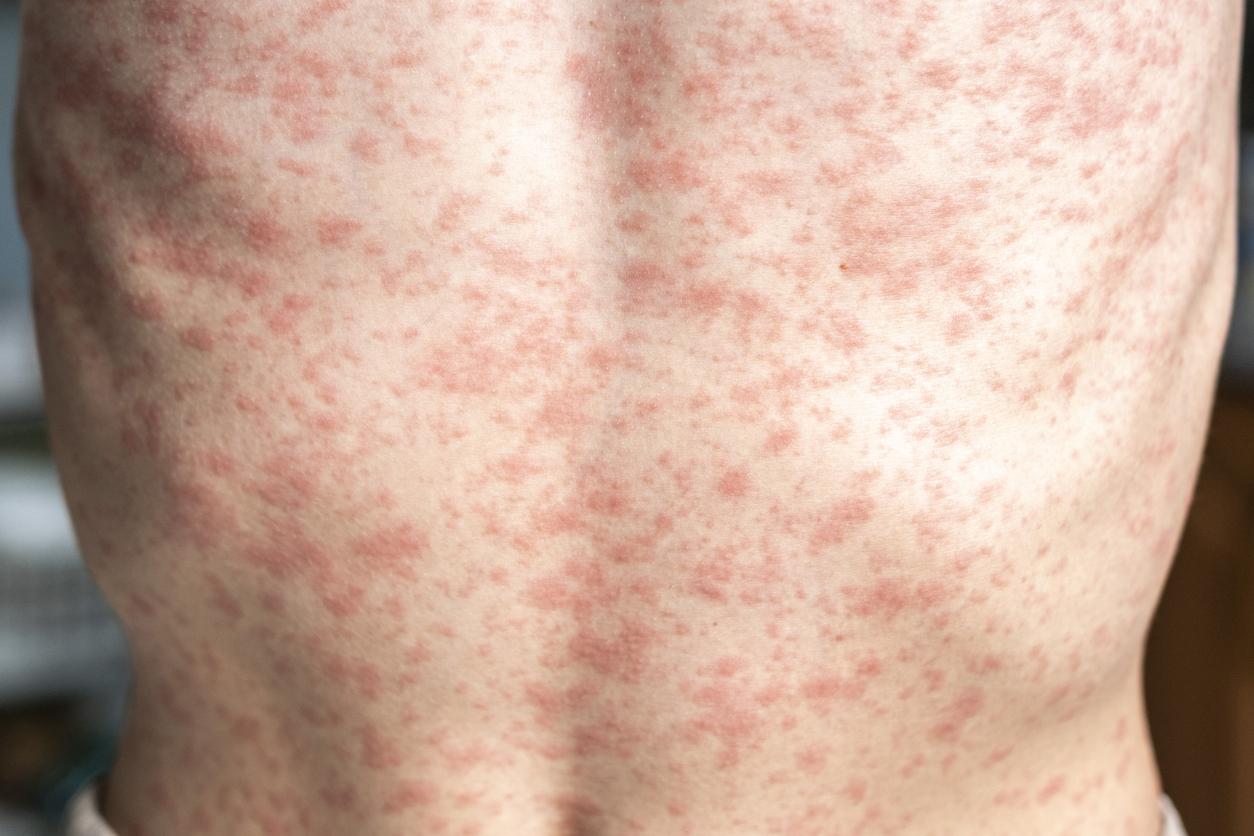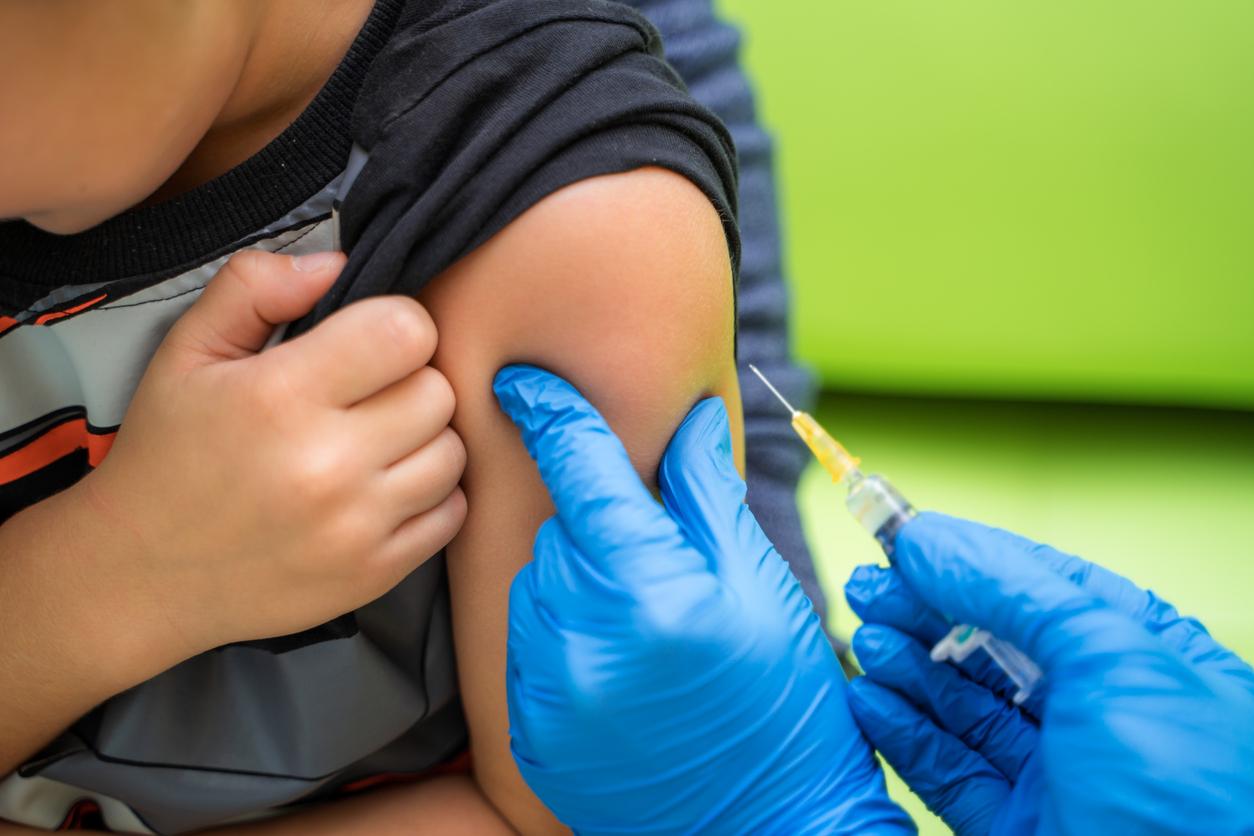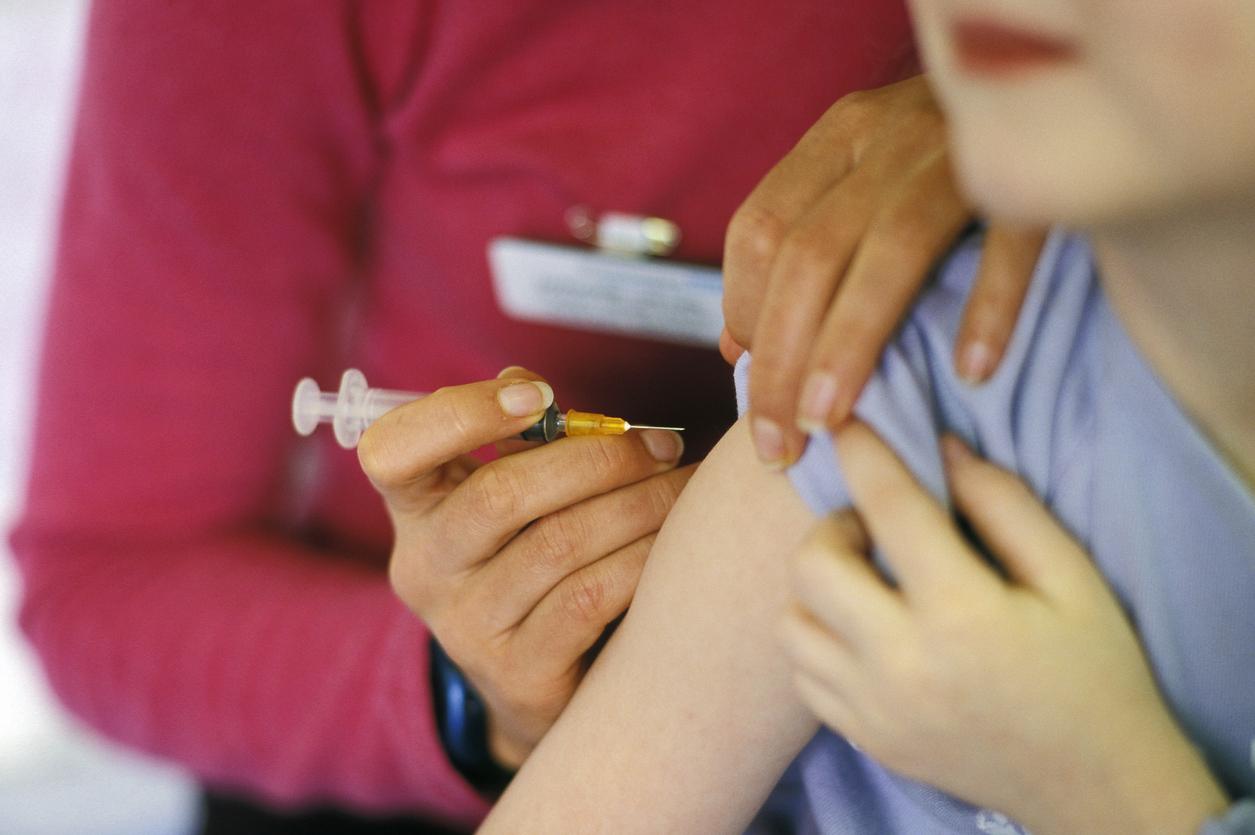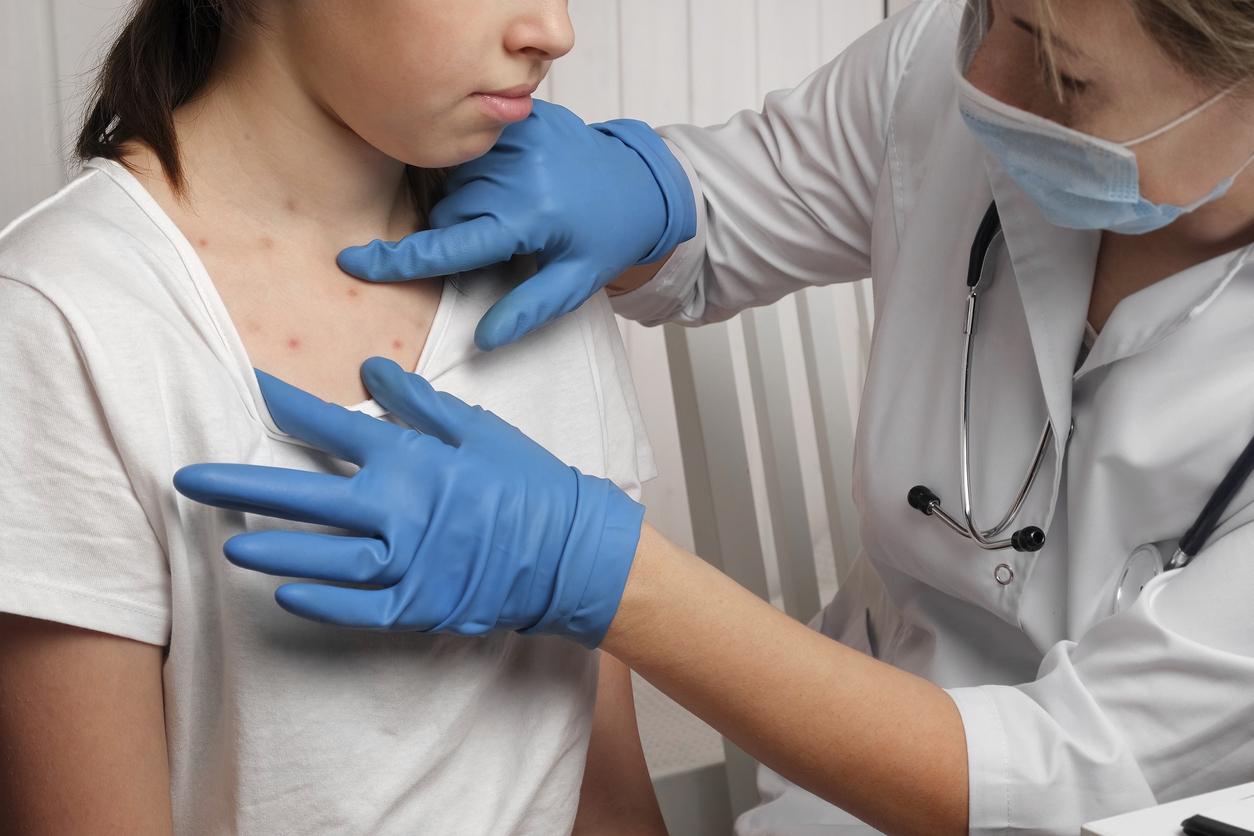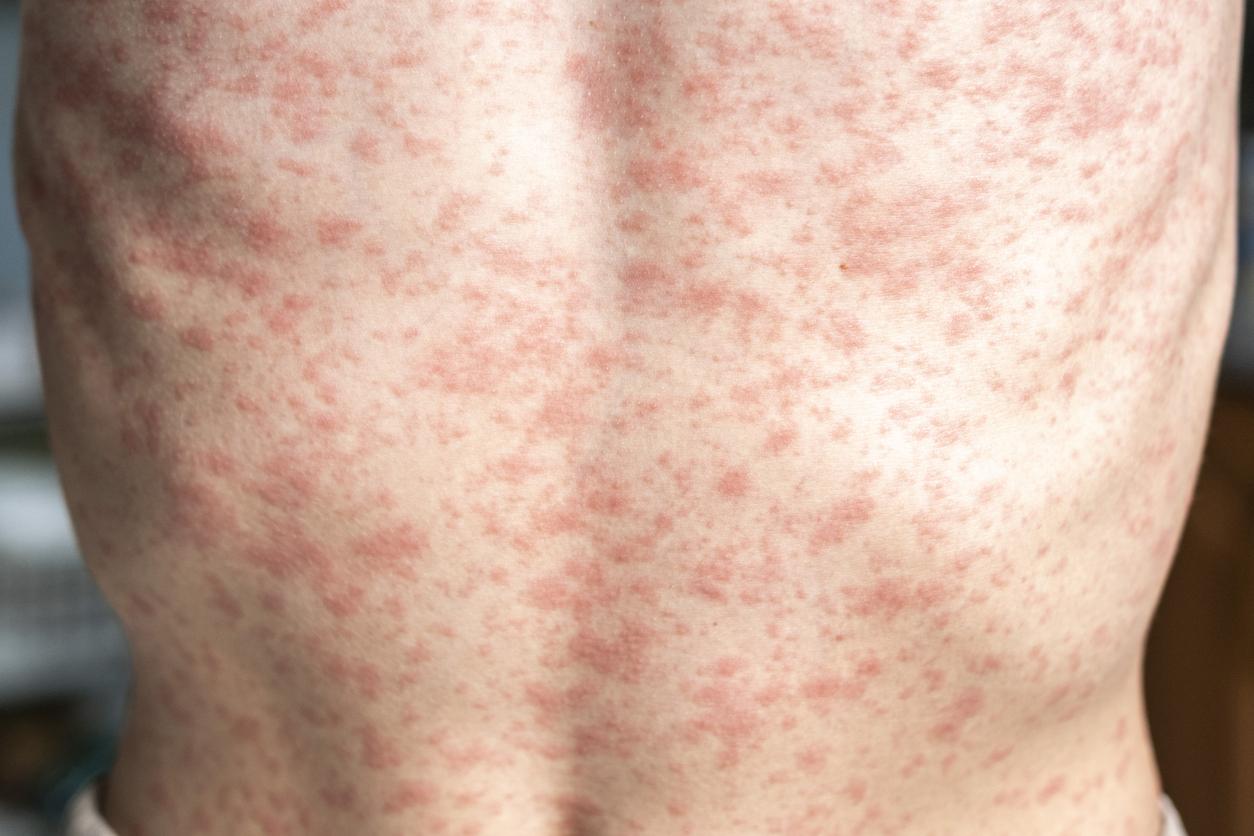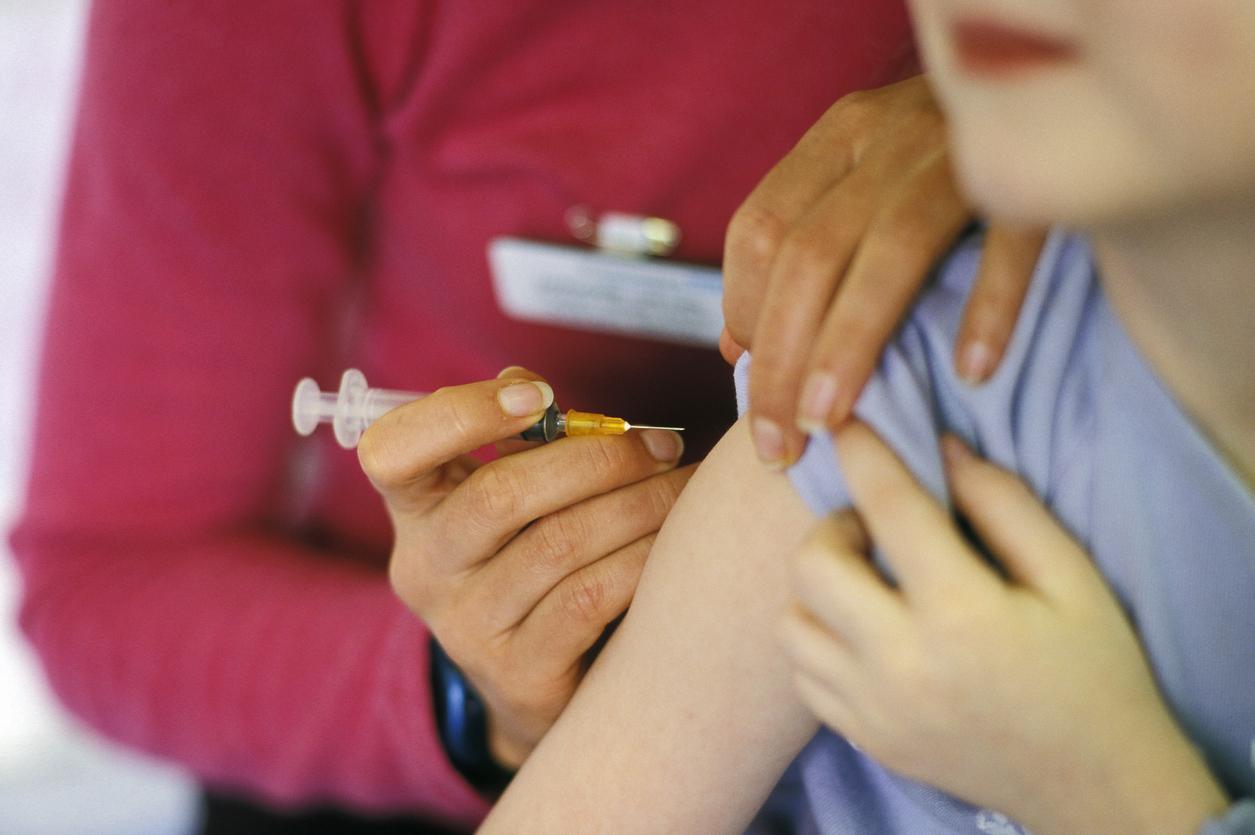MMR vaccination may reduce the overall risk of childhood hospital admissions for infectious diseases, according to a study published in JAMA.
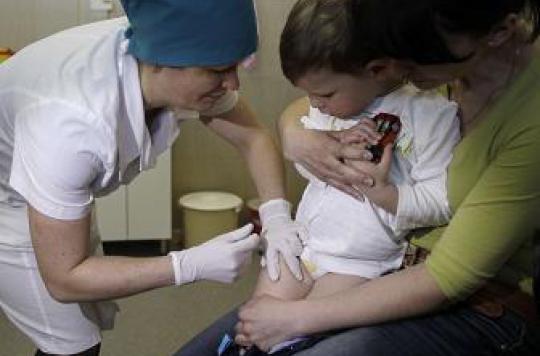
The recommendations of the vaccination schedule would make it possible to protect children not only against the pathologies targeted by the vaccines, but also against other infectious diseases, particularly respiratory diseases. This is what a scientific publication published in JAMA suggests.
In this Danish study, researchers analyzed the effects of administering the live measles, rubella, mumps (MMR) vaccine to children born in Denmark between 1997 and 2006. The team compared the hospitalization rate for infectious disease the 2nd year of life of 19,219 children who had last received a live MMR vaccine compared to 456,000 children who last received an inactivated vaccine against dyphteria, tetanus, polio, pertussis and Haemophilus influenzae b (DTaP-IPV-Hib).
A 14% decrease in risk hospitalizations
“We found that the fact that the MMR vaccine was the most recent vaccine was associated with a decrease in the hospital admission rate for any type of infection by 14%,” says Dr. Sirup, lead author of study on medical web-radio MD-FM. So preferably, children should follow the immunization schedule for all vaccines ”.
This is not the first time that a live vaccine has shown this type of benefit. Indeed, this publication also cites other trials carried out in developing countries showing that the injection of the live BCG vaccine could also have protective effects on the overall infectious risk.
Insufficient MMR vaccination coverage
In an editorial that accompanies this article in JAMA, several experts specify that it is however necessary to look at these results with caution, because this type of observational study is subject to several sources of bias.
Elizabeth Miller of the UK Health Protection Agency, co-author of this editorial, believes that the mechanisms underlying this potential “bonus” protection from the MMR vaccine are still unclear and require attention. further studies to confirm and refine these results.
But for the authors of this study, whatever the reluctance of some specialists, the conclusion is clear: “MMR vaccination coverage is not optimal in many high-income countries. In our study, about 50% of children were not vaccinated within the recommended timeframe. Doctors should therefore encourage parents to have their children vaccinated on time, in particular because our study suggests that this vaccination on time prevents a considerable number of hospitalizations for infection between 16 and 24 months ”.
.










